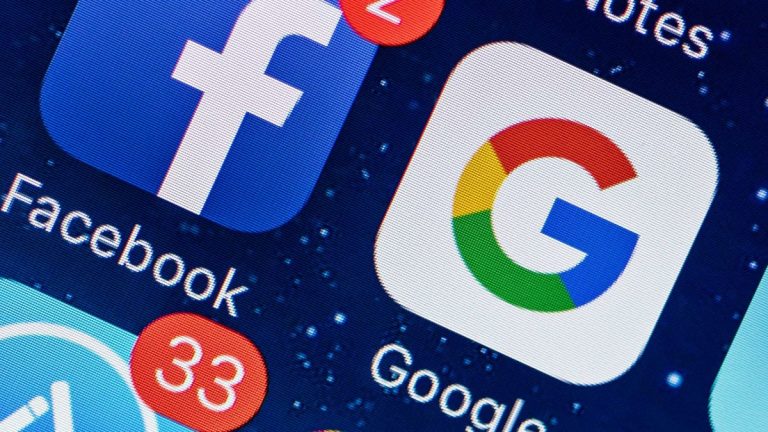
Russia has maintained efforts to keep mainstream media in check as its war with Ukraine rages on. It started with an outright ban on news outlets and escalated to other platforms, particularly US tech companies.
The attack on the media got a legal backing in March after the Russian parliament overwhelmingly voted to pass a bill criminalizing fake news – which is – reports not approved by the Kremlin. The bill, which was swiftly signed into law, recommends up to 15 years imprisonment for anyone spreading information contrary to what the Kremlin approves.
Since early this year, it has been a roller-coaster ride for journalists in Russia. Since the war began, the Kremlin has added over 5,000 websites to its “denylist,” according to the research and security firm Top 10 VPN. Almost all foreign journalists in Russia have been kicked out and over 80 news outlets and 30 financial sites have been stripped of access since February 24th.
Register for Tekedia Mini-MBA edition 19 (Feb 9 – May 2, 2026): big discounts for early bird.
Tekedia AI in Business Masterclass opens registrations.
Join Tekedia Capital Syndicate and co-invest in great global startups.
Register for Tekedia AI Lab: From Technical Design to Deployment (next edition begins Jan 24 2026).
The Kremlin also blocked Twitter and Facebook for allowing disapproved content on their platforms but Google was allowed for a reason believed to be that Russia can’t afford to do without it now. However, the Kremlin is taking another step to ensure that the web search giant is under its control – fines.
Reuters reports that Alphabet’s Google was fined 21.1 billion roubles ($373 million) on Monday by a Moscow court for a repeated failure to remove content Russia deems illegal, such as “fake news” about the conflict in Ukraine, Russia’s communications regulator said.
Alphabet’s YouTube has been a particular target of the state’s ire but, unlike Twitter and Meta Platforms’ Facebook and Instagram, it has not been blocked.
The regulator, Roskomnadzor, said the Tagansky District Court had fined Google 21.1 billion roubles for repeatedly failing to restrict access promptly to banned materials, and singled out YouTube for particular criticism.
It said YouTube had not deleted “fakes about the course of the special military operation in Ukraine, discrediting the armed forces of the Russian Federation”.
It also said YouTube was permitting content promoting extremist views and calls for children to participate in unauthorized protests.
Google, which can appeal, did not immediately respond to a request for comment.
The fine was calculated as a share of Google’s annual turnover in Russia. It had been handed a similar 7.2 billion rouble penalty late last year.
Google’s Russian unit’s bank account has been seized, prompting the subsidiary to file for bankruptcy and making it impossible to pay staff and vendors.
Anton Gorelkin, deputy head of the parliamentary committee on information policy, said Google was showing a demonstrative disregard for Russian law.
“It is not hard to predict what this attitude will lead to: Google risks losing the Russian market altogether,” he wrote on Telegram.



